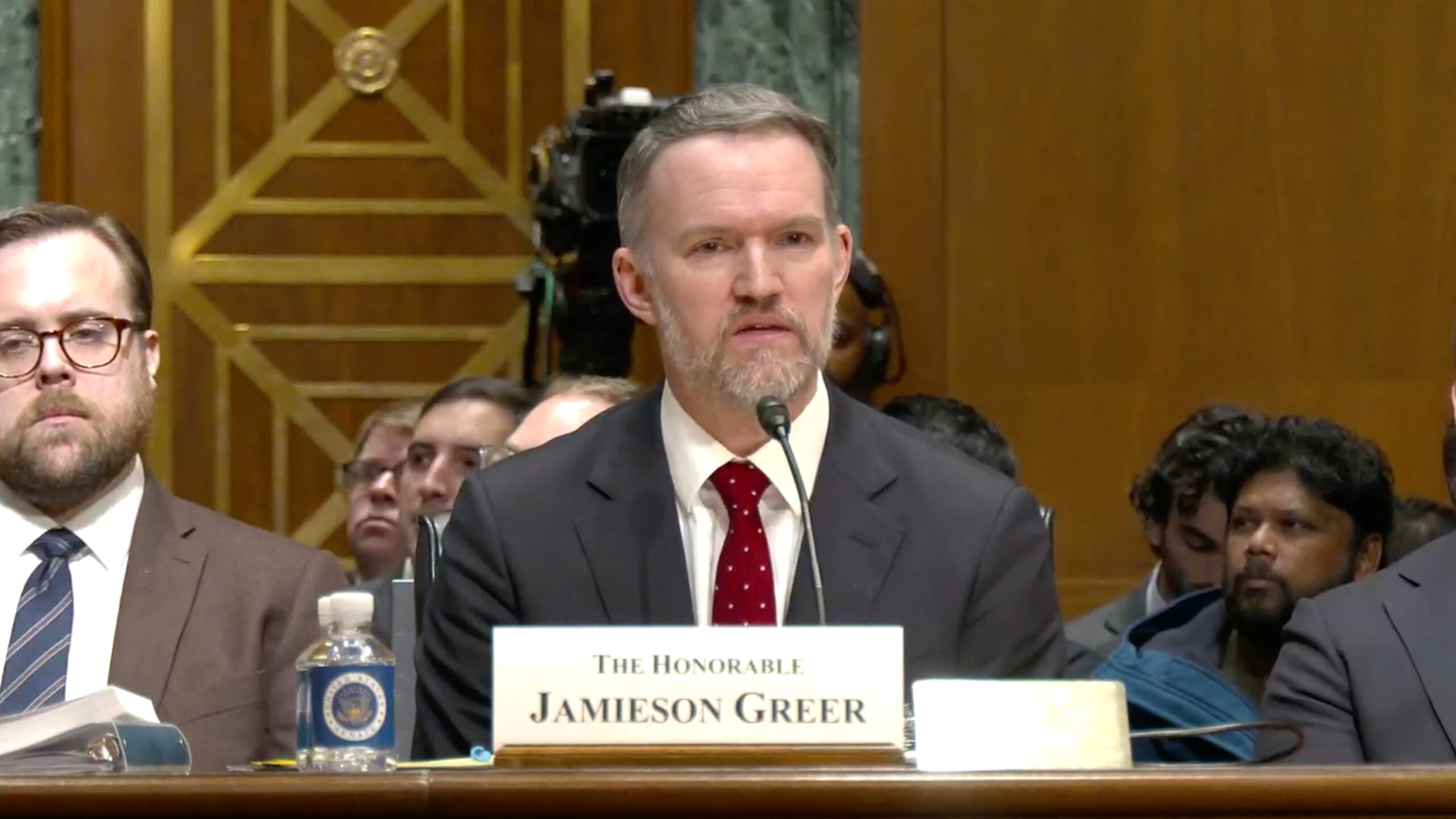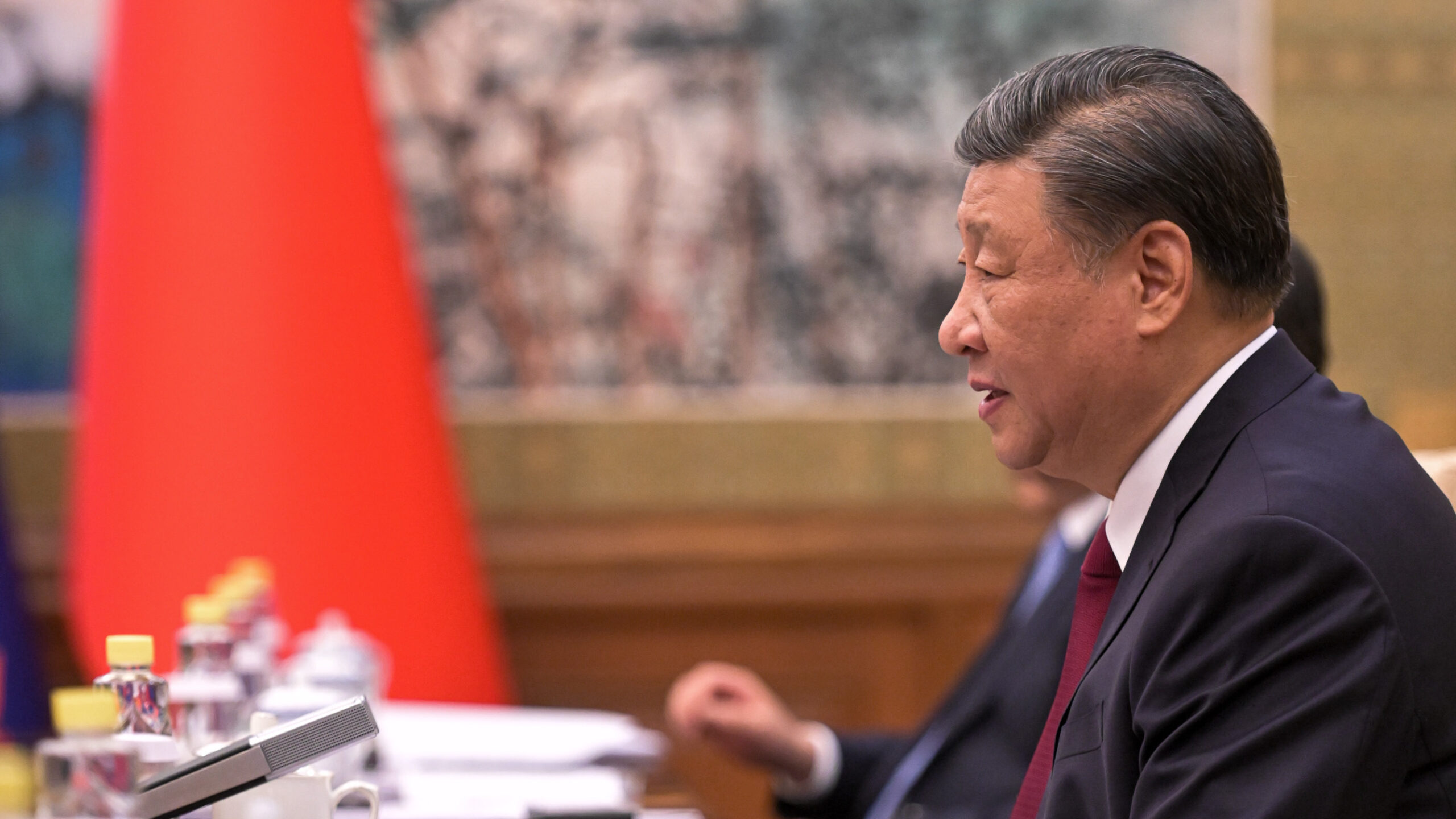
On May 18, 2016, the U.S. International Trade Commission (USITC) released its report, “Trans-Pacific Partnership Agreement: Likely Impact on the U.S. Economy and on Specific Industry Sectors,” relative to the agreement that President Obama signed in February with Australia, Brunei Darussalam, Canada, Chile, Japan, Malaysia, Mexico, New Zealand, Peru, Singapore, and Vietnam.
[Michele Nash-Hoff| May 23, 2016 |Industry Week]
The USITC analysis concedes that the TPP will cause manufacturing to shrink in terms of employment, output and share of the U.S. economy. Our manufacturing trade deficit will become worse.
Reaction to the USITC report has been mixed at best. U.S. Chamber Executive Vice President and Head of International Affairs Myron Brilliant welcomed the release of the USITC report on the likely impact of the TPP, stating:
“While we have yet to fully digest the ITC’s assessment, the report at first glance provides substantive support for the Chamber’s view that the TPP is in our national economic interest. By eliminating thousands of tariffs and other barriers to the export of U.S.-made goods and services, the TPP will create new opportunities for American workers, farmers, ranchers, innovators, and companies.”
On the other side of the spectrum, AFL-CIO President Richard Trumka issued astatement, which in part said, “This ITC report is so damaging that any reasonable observer would have to wonder why the administration or Congress would spend even one more day trying to turn this disastrous proposal into a reality. Even though it’s based on unrealistic assumptions, the report could not even produce a positive result for U.S. manufacturing and U.S. workers. One of many shockers is just how meager the purported benefits of the TPP are. A mere .15% of GDP growth over 15 years is laughably small…”
The Politico Morning Trade blog of Friday, May 20, 2016 included this rebuttal: “FROMAN FIRES BACK: U.S. Trade Representative Michael Froman continued his effort to capitalize on the ITC report. Speaking to business owners by telephone Thursday, the top U.S. trade official pointed out that the independent commission ‘conservatively’ estimated the TPP would boost both U.S. exports and national income by $57 billion by 2032 – gains that would continue annually.
“This was really the president’s direction, to make sure we’re doing trade right,” Froman said. “And that meant making sure the trade agreement worked for American workers, and we think we’ve achieved that in this agreement…Froman said the study focused heavily on tariffs and didn’t project the economic benefits of other major parts of the agreement, including rules on state-owned enterprises, labor and the environment.”
Coalition for a Prosperous America CEO Michael Stumo participated on a “listen only” basis during the business group conference call on May 20, 2016. Afterward, he commented on his blog, “Despite the fact that the report nullified Froman’s entire economic case for the TPP, you would never know it from his talk. Froman created a parallel universe which was enabled by the Business Forward group sponsoring the call.”












